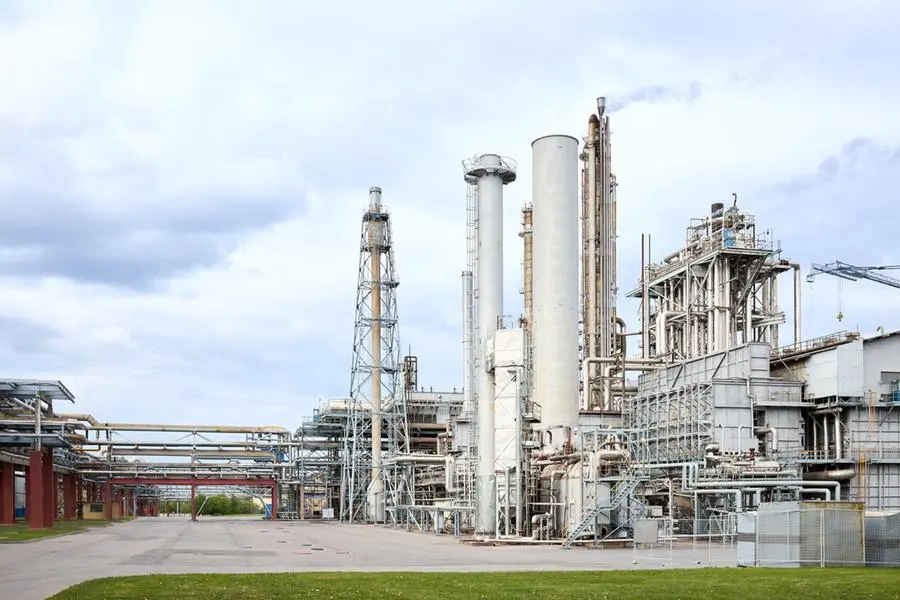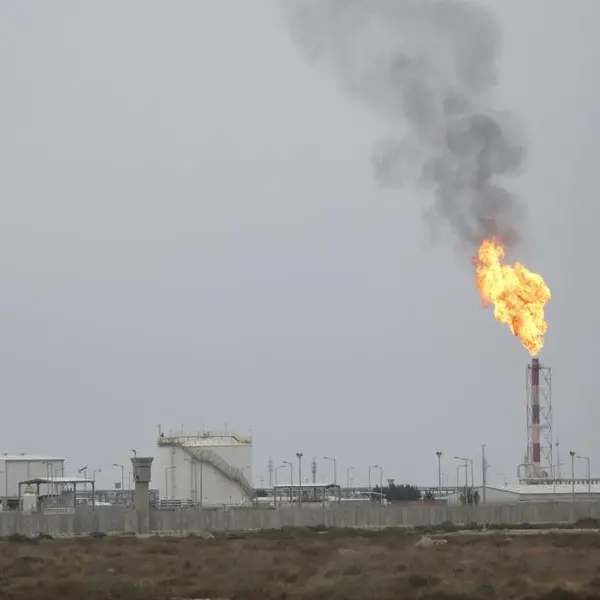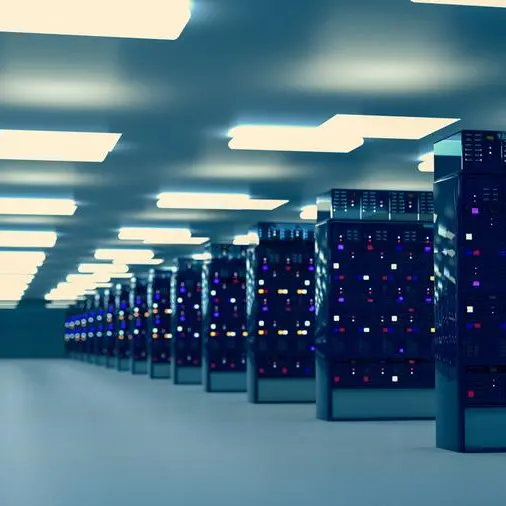PHOTO
AMEA Power, the UAE-headquartered developer and operator of renewable energy projects, has completed the technical and financial studies and finalised the off-take agreement for its planned export-oriented green ammonia project in Ain Sokhna, Egypt.
Hussein Jasim Al Nowais, Chairman of AMEA Power told Zawya on the sidelines of COP 27 in Egypt’s Sharm el-Sheikh, that work on the project, with an initial capacity of 235,000 tonnes per annum, and scalable to 390,000 tpa, will start this year. Its commercial operations are expected to start by the end of 2025.
Al Nowais didn’t disclose details about project costs and financing but said AMEA Power had inked the project MOU in April with the General Authority for Suez Canal Economic Zone (SCZONE), The Sovereign Fund of Egypt (TSFE), the Egyptian Electricity Transmission Company (EETC), and the New and Renewable Energy Authority (NREA).
In a previous statement, AMEA Power had said renewable energy would be used to power the electrolysers to produce green hydrogen from sea water desalination, which would be used as feed stock at an adjacent ammonia synthesis facility, also powered by renewables, for the production and export of green ammonia via the Ain Sokhna port.
The Sokhna project is part of a portfolio of clean energy projects that AMEA Power is implementing in 15 African countries, Al Nowais said during an interview on the side lines of the COP 27 conference in Sharm El-Sheikh.
He said the company expects to achieve financial close by early December for a 500-megawatt (MW) wind power project in Ras Ghareb [which it is co-developing with Sumitomo], and a 200MW PV solar power project in Kom Ombo.
The estimated total project cost for Ras Ghareb is $800 million while for Kom Ombo, it is $500 million, he said.
On Tuesday, Zawya Projects had reported that the International Finance Corporation (IFC) is looking at providing $83 million to part-fund the Ras Ghareb project.
Al Nowais also disclosed that the company is on track to achieve financial close for its 100 MW solar power project in Tunisia with an estimated total cost of $140 million. He said the financing would be provided by the IFC and the African Development Bank (AfDB).
(Reporting by Marwa Abo Almajd; Editing by Anoop Menon)





















